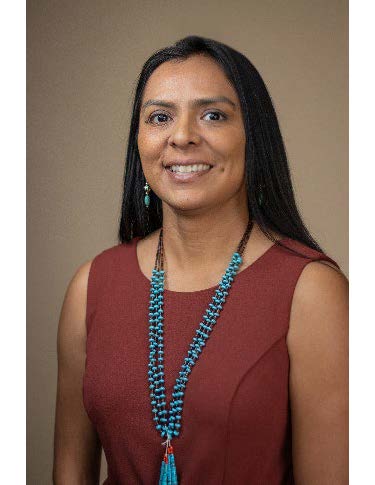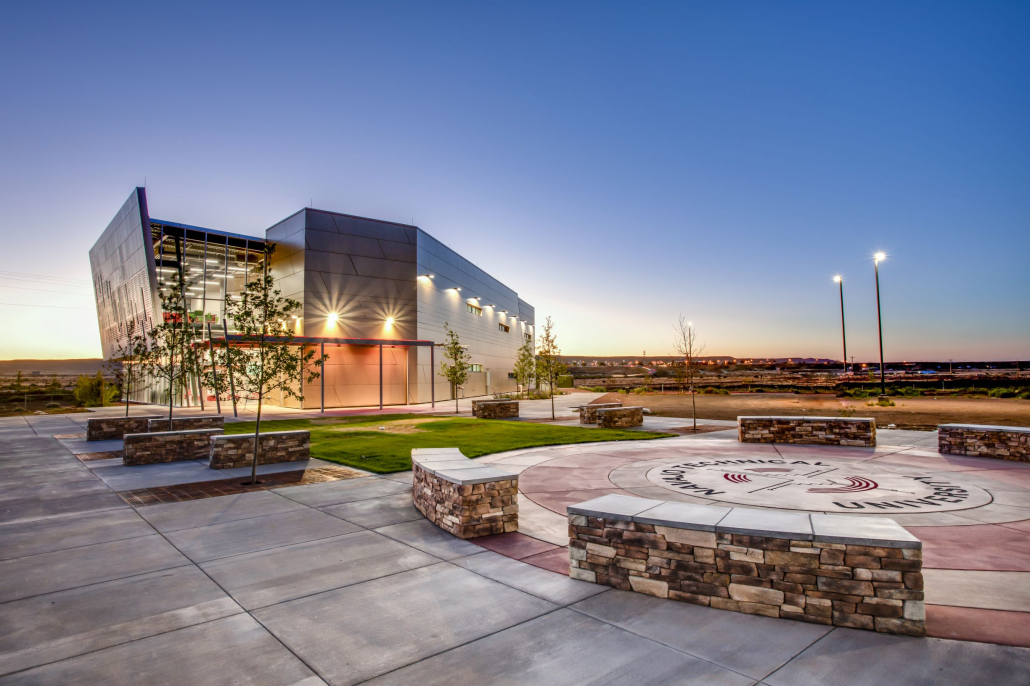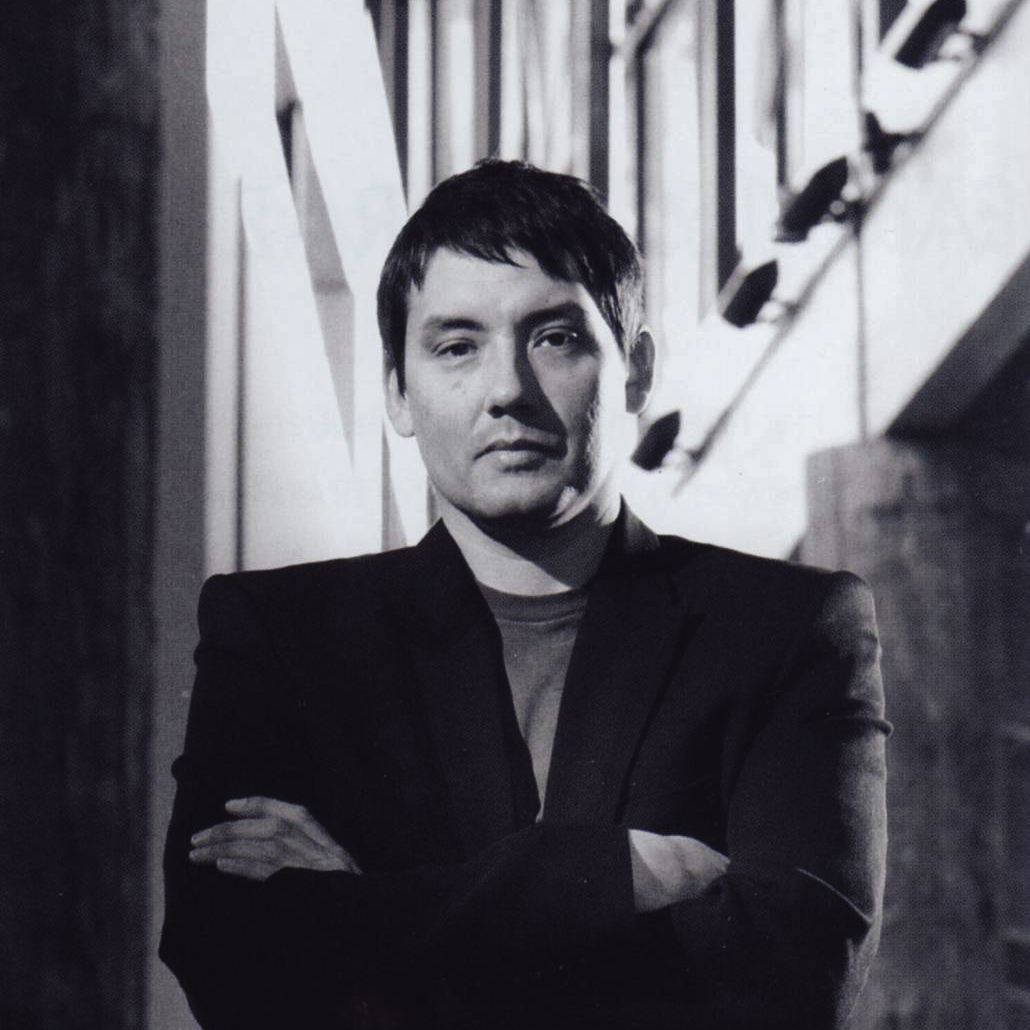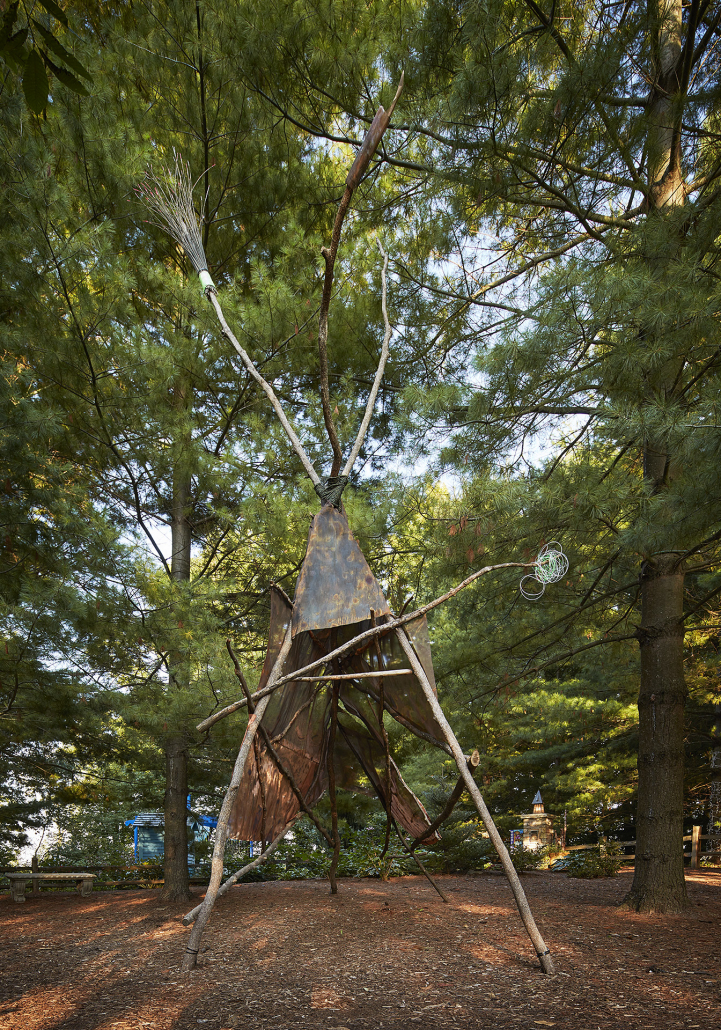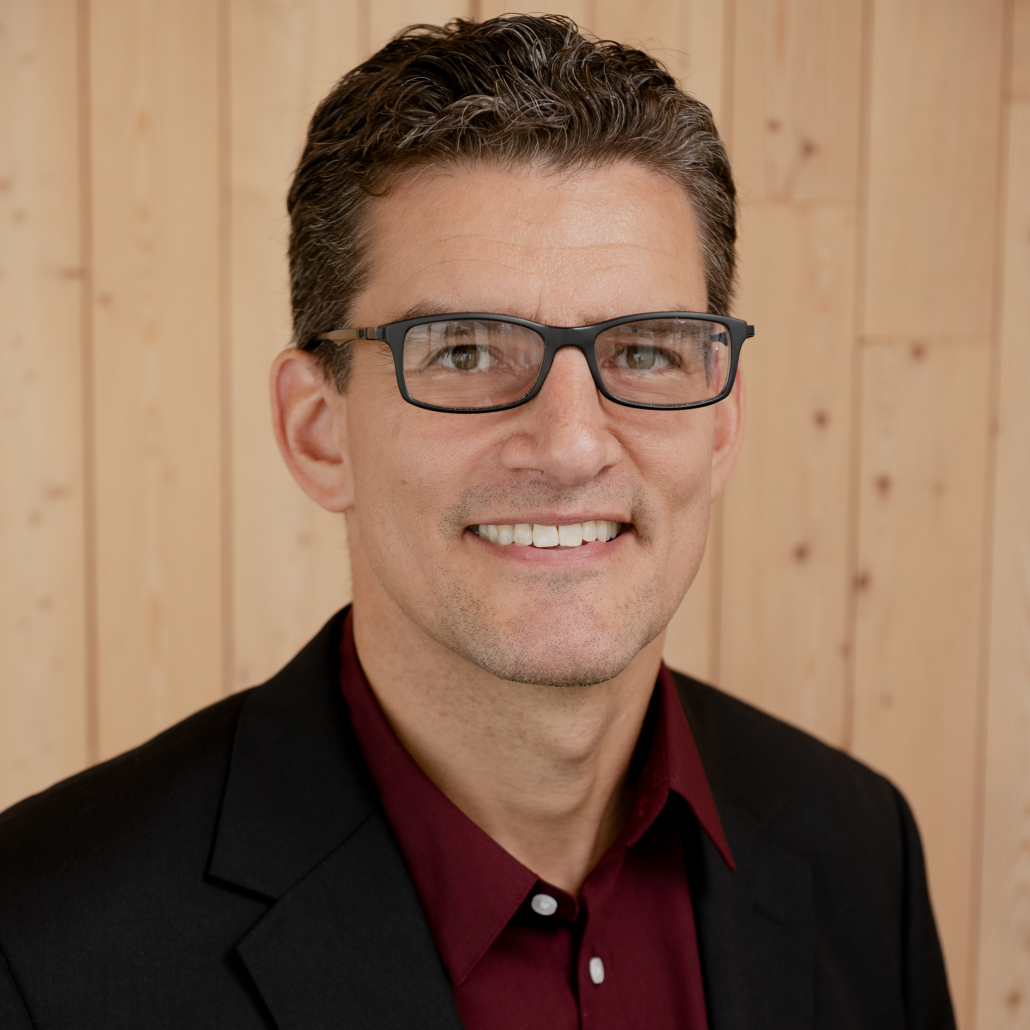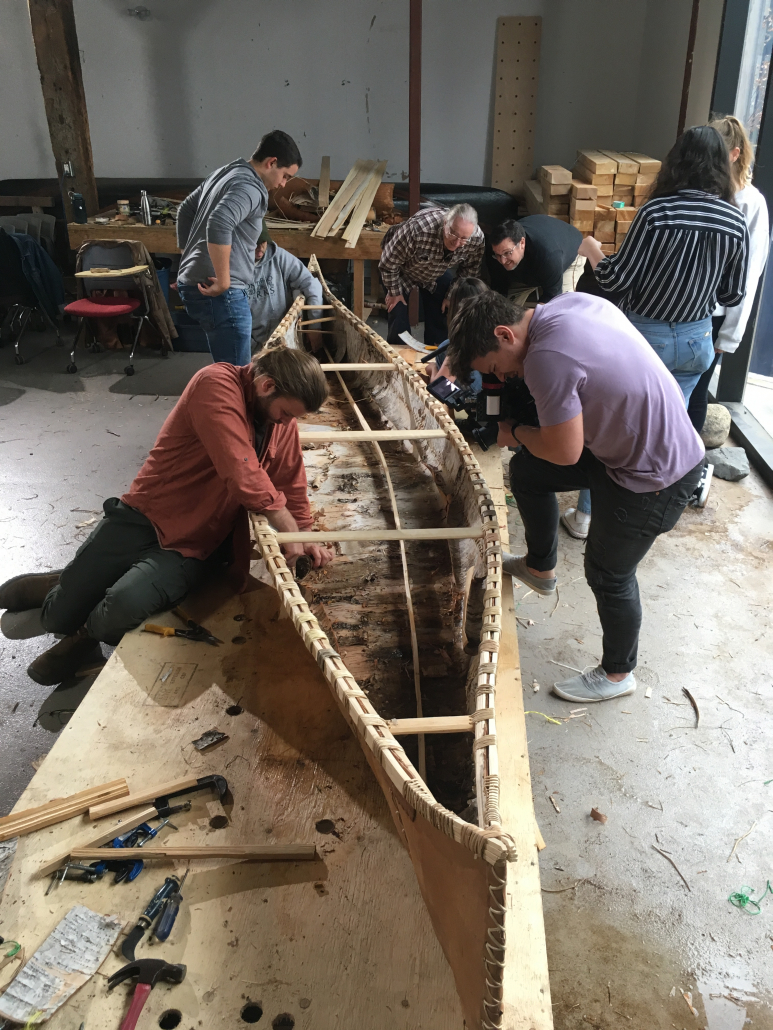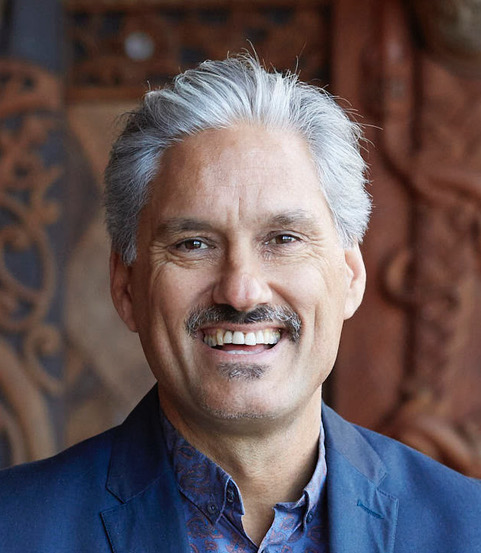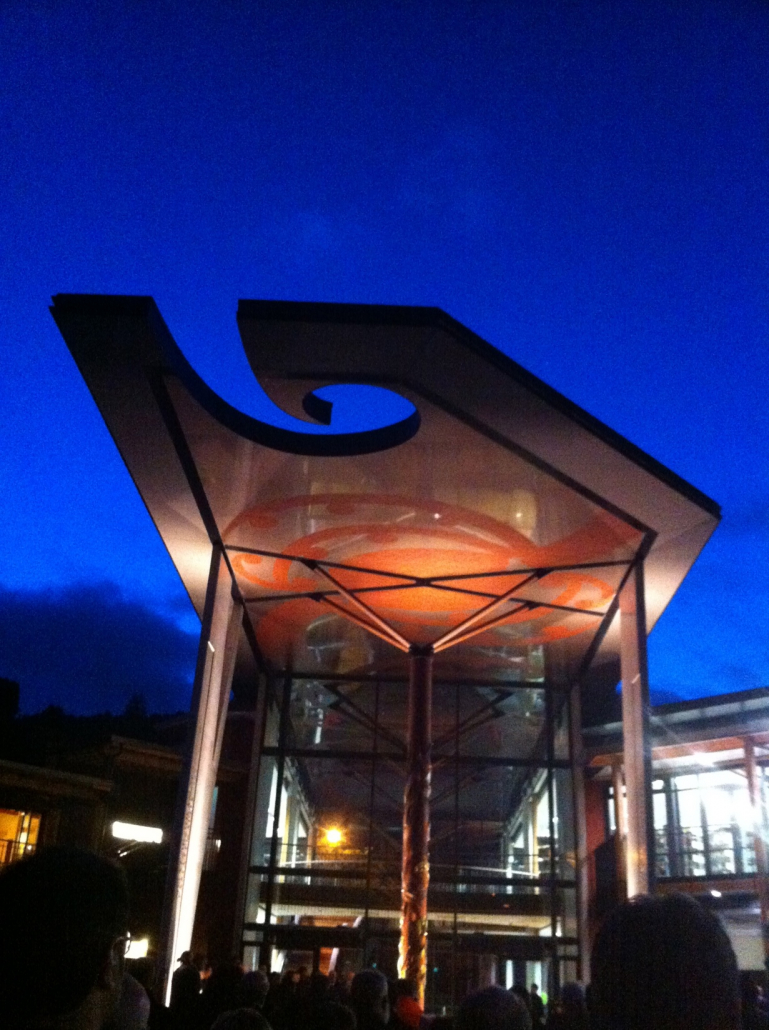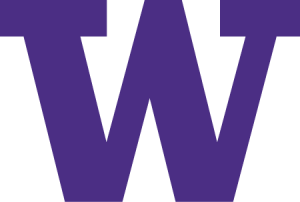Schedule
This year’s virtual administrators conference will have two core days — November 5 & 6 — as well as multiple supplemental sessions designed for current and future educational leaders. The conference will be a series of face-to-face online forums to collaborate, share ideas and discuss.
6:00pm – 7:30pm EDT /
3:00pm – 4:30pm PDT
Oct. 20th
This session invites administrators from a range of degree programs to discuss a recent call from the National Council of Architectural Registration Boards to create a four-year professional degree. What will be the impact on educational quality, on the protection of the health, safety, and welfare, of the public, or on the career prospects of graduates? A question and response period involving the audience will follow initial presentations from the speakers.
Moderator | Kwesi Daniels | Lynne Dearborn | Mark Gardner |
Donna Paley | Dan Pitera | Stephen Schreiber |
October 30, 2020
Assessment in Architectural Education Workshop – Separate Registration Required
3:00pm – 6:00pm EDT /
12:00pm – 3:00pm PDT
Oct. 30th
Separate registration is required for this workshop. You can find additional information and workshop registration HERE.
11:00am – 12:00pm EST /
8:00am – 9:00am PST
Nov. 5th
Keynote: MARGARET O’MARA
Margaret is a historian of modern America who writes and teaches about the history of the technology industry, American politics, and the connections between the two. She is also a contributing opinion writer at The New York Times. Her most recent book is The Code: Silicon Valley and the Remaking of America.
More biographical information and links to selected publications can be found on Margaret’s website, margaretomara.com.
12:00pm – 12:30pm EST /
9:00am – 9:30am PST
Nov. 5th
Chat Lounge
12:30pm – 1:30pm EST /
9:30am – 10:30am PST
Nov. 5th
Becoming an Administrator: PATHS TO SUCCESS
In partnership with the National Organization of Minority Architects (NOMA).
This session will unpack the career development experiences of ACSA program administrators from Historically Black Colleges and Universities. These academic leaders will reflect their paths through the profession and academia and what they see as opportunities to build on and what needs changing for future administrators.
Moderator: | Robert Easter | Hazel Edwards | Carla Jackson Bell | Rodner Wright |
1:30pm – 2:00pm EST /
10:30am – 11:00am PST
Nov. 5th
Chat Lounge
2:00pm – 3:00pm EST /
11:00am – 12:00pm PST
Nov. 5th
What the future needs: GENERATIONALLY DIVERSE VOICES OF LEADERSHIP
This session highlights four leaders who serve as presidents of their organizations (AIA, AIAS, NOMA, and NOMAS) in the Seattle architecture community. Come hear their thoughts about what challenges and opportunities they see in their roles, how they understand the needs of their constituents, and their plans for the future. By convening this set of student and professional leaders of architectural groups from the same region, this session will show how synergies can be fostered to benefit members of these groups while also advancing a complimentary mentoring and learning model.
Moderator: | Meredith Everist
| Leon Holloway
| Kenneth Nti
| William Zhou |
3:00pm – 4:30pm EST /
12:00pm – 12:30pm PST
Nov. 5th
Chat Lounge
3:30pm – 4:30pm EST /
12:30pm – 5:30pm PST
Nov. 5th
Effective Exchange: URBAN DESIGN PEDAGOGY WITH PARTNERS
Many schools have urban design degree programs, certificates, and courses, and many have longstanding partnerships outside the academy. Come hear from current and former administrators in such programs. How efficacious are our curricular goals and pedagogical practices for embracing the future and taking advantage of the opportunities it presents? How can we measure our effectiveness and retool our methods to better target outcomes? What new possibilities exist to bring greater resources to our efforts? Can we challenge academic norms of scholarship and financial support to increase our effectiveness as doers and makers?
Moderator: | Dean J. Almy III
| Mona El Khafif | John Folan | Patricia L. Heyda |
4:30pm – 5:00pm EST /
1:30pm – 2:00pm PST
Nov. 5th
Chat Lounge
5:00pm – 6:30pm EST /
2:00pm – 3:30pm PST
Nov. 5th
Structured Networking: WHATS HAPPENING TODAY
Join this Networking Session to chat with fellow administrators. The conference organizing committee will kick-off with an overview of the conference and pose topics for three breakout room discussions on urgent and ongoing issues facing schools right now.
Federal Mandates
Guest: Kara Kempski, Director of Federal Relations, The American Institute of Architects (AIA). Schools are feeling the impact of recent Executive Orders and policies. Discuss how we can respond to federal actions on student visas, prohibited training on race, gender, and equity, and design standards for federal architecture.
Extended Impact of Pandemic
Discuss the extended impact of the global pandemic on higher education, including study abroad programs, facilities and infrastructure, design/build, and community partnerships.,.
Social Justice & Advocacy
Compare notes and share stories about how efforts for a more equitable academy and profession are unfolding, from defunding campus police, to pledges against prison design, and student demands for change.
11:00am – 12:00pm EST /
8:00am – 9:00am PST
Nov. 6th
Post-Pandemic: WHAT IS THE FUTURE OF HIGHER EDUCATION
As we wrestle with the impacts of the pandemic and pressing calls to address systemic racism and inequities, what is the future of higher education generally and architectural education specifically? Join us for this discussion session with administrators from various backgrounds.
Moderator: | Harriet Harriss | Marilys Nepomechie | Mark Pearson | Luis Rico-Gutierrez | Ken Schwartz |
12:00pm – 12:30pm EST /
9:00am – 9:30am PST
Nov. 6th
Chat Lounge
12:30pm – 1:30pm EST /
9:30am – 10:30am PST
Nov. 6th
Diversity: FLEXIBLE PATHS TO THE PROFESSION
This panel provides background for on-going discussions among educators, administrators, practitioners, and accrediting organizations about ways to expand educational opportunities that will contribute to diversifying the architectural profession. Panelists will provide brief introductions to a range of established and evolving academic programs. These represent flexible education and training options that provide more students from diverse backgrounds entry into design/construction/architecture professions.
Moderator: | John J. Casbarian | John Cays | Karen L. Nelson | Charles Setterfield |
1:30pm – 2:00pm EST /
10:30am – 11:00am PST
Nov. 6th
Chat Lounge
2:00pm – 3:00pm EST /
11:00am – 12:00pm PST
Nov. 6th
Community Design Centers: COMMUNITY TABLE
How can new demographic realities encourage reconsideration of the role of power and privilege in academic and social exchanges, particularly in our relations with historically underserved communities? What new opportunities for meaningful and mutually beneficial scholarly and educational endeavors emerge from recalibrating our foci? How might recalibration transform the messages we convey to students and to local communities about the role of academic institutions and the role of architecture?
Moderator: | Nandini Bagchee
| Charles Cross | Quilian Riano | Taryn Sabia |
3:00pm – 3:30pm EST /
12:00pm – 12:30pm PST
Nov. 6th
Chat Lounge
3:30pm – 6:00pm EST /
12:30pm – 3:00pm PST
Nov. 6th
Keynote PRESENTATIONS
Alternative Pedagogies: INDIGENOUS PRACTICES & PEDAGOGIES
Break
Keynote DISCUSSION
Alternative Pedagogies: INDIGENOUS PRACTICES & PEDAGOGIES
In a 2017 article titled, “The People Are Beautiful Already: Indigenous Design & Planning,” for Cooper-Hewitt, Dr. Theodore Jojola included a “closing prayer to keep us safe as we continue our journey.”
in | our | architecture | may | we | ||||
acknowledge | the | sacred | ||||||
acknowledge | the | process | ||||||
the | ceremony | as | ||||||
architecture | and | see | ||||||
architecture | as | ceremony | ||||||
as | process | |||||||
as | sacred |
—Patrick Robert Reid Stewart (Luugigyoo), PhD
1st Nations Nisga’s Architect of Canada, 2015
In this panel we hear from five distinguished Indigenous architects who practice as designers, planners, and community organizers while making extensive contributions to scholarship, research and the education of future generations of practitioners. Practice-defining pedagogy that emerged in the Beaux Arts and Bauhaus traditions has persisted for decades. This panel presents contemporaneous alternative Indigenous Practice and Pedagogies, where, from the words of Dr. Jojola, “planning is a culturally responsive and value-based approach to community development; where the measure of form is its cultural meaning rather than building elements as style, function and form; where the process of design is an orchestration of public engagement that gives voice and clarity to built form; where buildings are the narrative of a community and a metaphor for stories that are invested in place and time.”
Introduction:
Malini Srivastava
University of Minnesota
Moderator:
Theodore Jojola
Indigenous Design + Planning Institute & University of New Mexico
Dr Jojola is the founder and Director of the Indigenous Design + Planning Institute. He is an enrolled member of the Pueblo of Isleta. In addition to numerous articles and chapters on topics relating to indigenous design & planning, he is co-editor of two books—The Native American Philosophy of V.F. Cordova entitled How It Is (U. of Arizona Press, 2007) and Reclaiming Indigenous Planning (McGill-Queens University Press, 2013).
Panelists:
Tamarah Begay
Indigenous Design Studio + Architecture & University of New Mexico
Tamarah Begay, is the founder and CEO/Principal-in-Charge of IDS+A, she is one of only a handful of Native American women architects in the nation. Tamarah’s focus is involving the community through IDS+A’s participatory planning process to achieve sustainable, innovative, and culturally sensitive designs for indigenous communities. She is a licensed architect in 6 states and is an assistant professor and lecturer at the University of New Mexico.
Chris Cornelius
studio:indigenous & University of Wisconsin-Milwaukee
Chris Cornelius is a citizen of the Oneida Nation of Wisconsin and an Associate Professor of Architecture at the University of Wisconsin-Milwaukee. He is the founding principal of studio:indigenous, a design practice serving indigenous clients. Chris’ work has been exhibited widely including the 2018 Venice Architecture Biennale.
David Fortin
David T. Fortin Architect Inc. & Laurentian University
David is a practicing architect with research interests in Métis design topics, Indigenous design agency, and speculative thinking in design. Since 2005, he has taught undergraduate and graduate courses in architectural design, history and theory in the UK, USA, and Canada. He is a citizen of the Métis Nation of Ontario.
Rau Hoskins
TRIBE Architects & UNITEC Institute of Technology
Rau is from the Ngāpuhi tribe of Northland New Zealand, director of design TRIBE architects and coordinator of Te Hononga a Māori architecture design studio at the Unitec Architecture Pathway. Rau works closely with Māori communities throughout Aotearoa focussing on the design of Marae (Māori communal centres), Māori housing, educational and health developments.
6:00pm-7:30pm EST /
3:00pm – 4:30pm PST
Nov. 10th
The webinar seeks to unearth and address implicit assumptions and expectations in current faculty hiring practices, and to consider what characteristics and experiences are privileged by the application of these measures in order to more directly apply a diversity-minded approach to defining excellence. In the context of today’s changes, challenges, and opportunities in teaching, the panelists will present and explore innovative new practices which seek to diversify the profile of an architectural faculty.
6:00pm-7:30pm EST /
3:00pm – 4:30pm PST
Nov. 17th
Webinar: POWER DYNAMICS & RACIAL EQUITY
NOVEMBER 19, 2020
Assessment in Architectural Education Workshop – Separate Registration Required
4:00pm – 7:00pm EST /
1:00pm – 4:00pm PST
Nov. 19th
Separate registration is required for this workshop. You can find additional information and workshop registration HERE.
DECEMBER 2, 2020
Webinar
6:00pm-7:30pm EST /
3:00pm – 4:30pm PST
Dec. 2nd

 Study Architecture
Study Architecture  ProPEL
ProPEL 